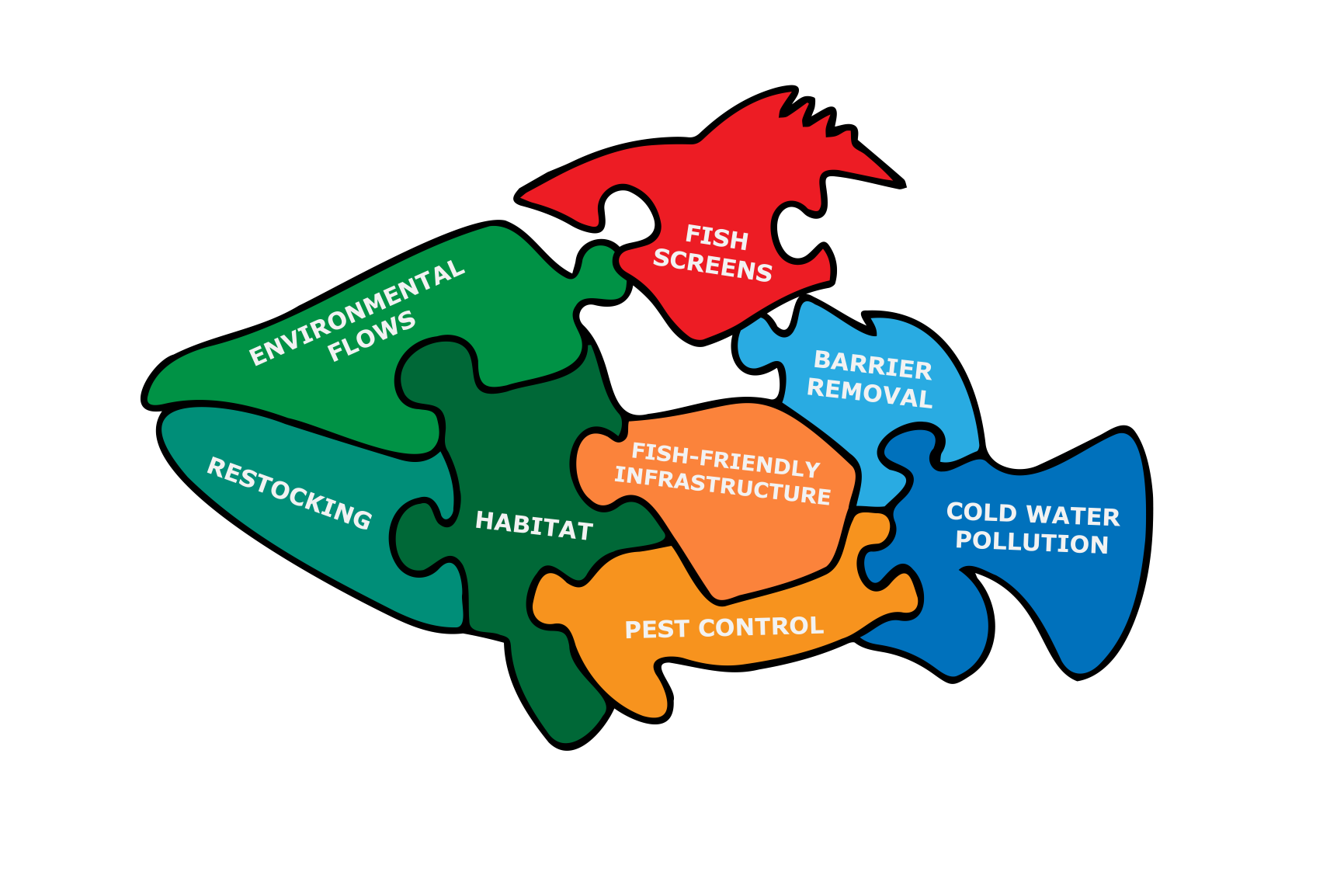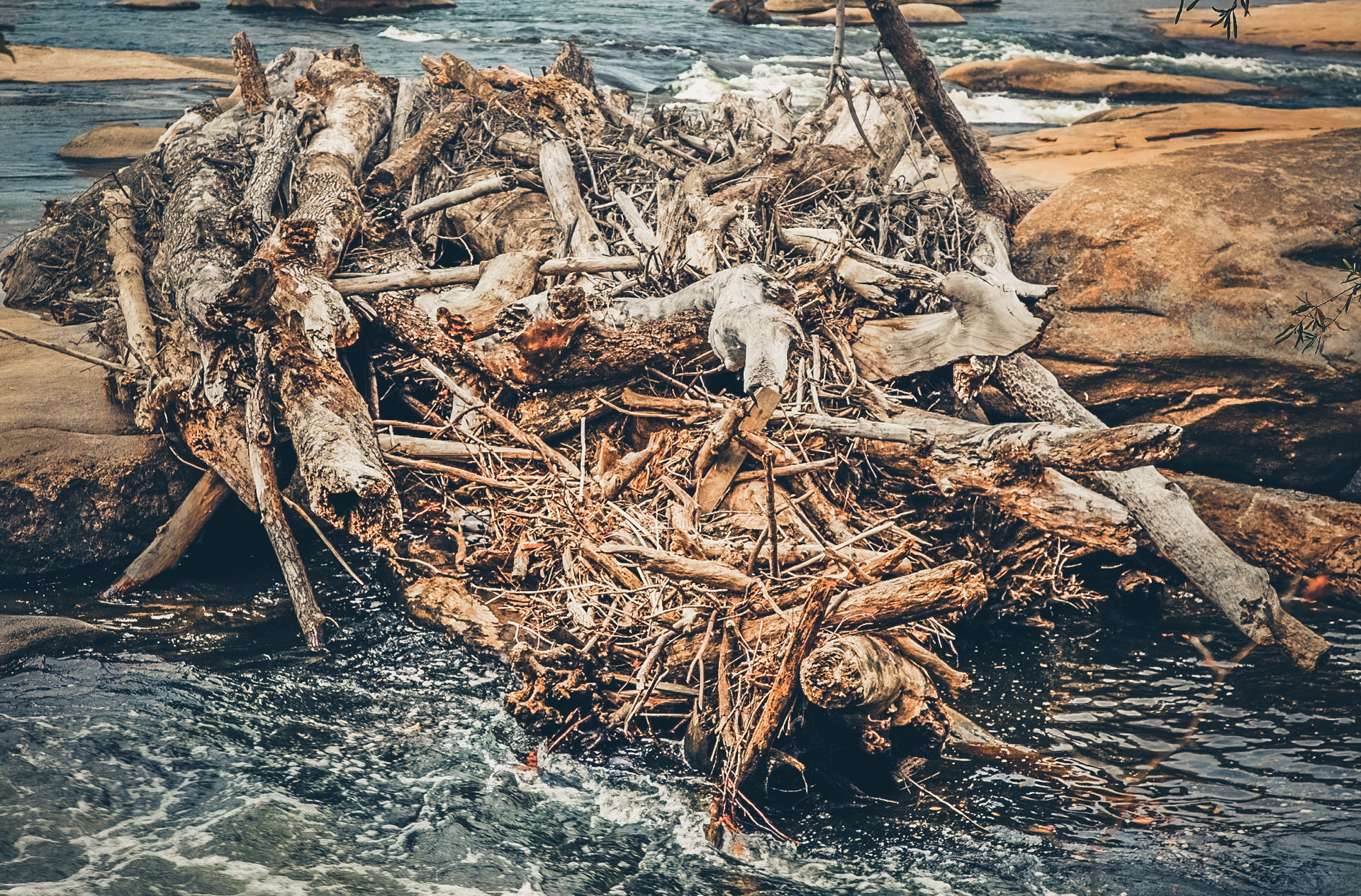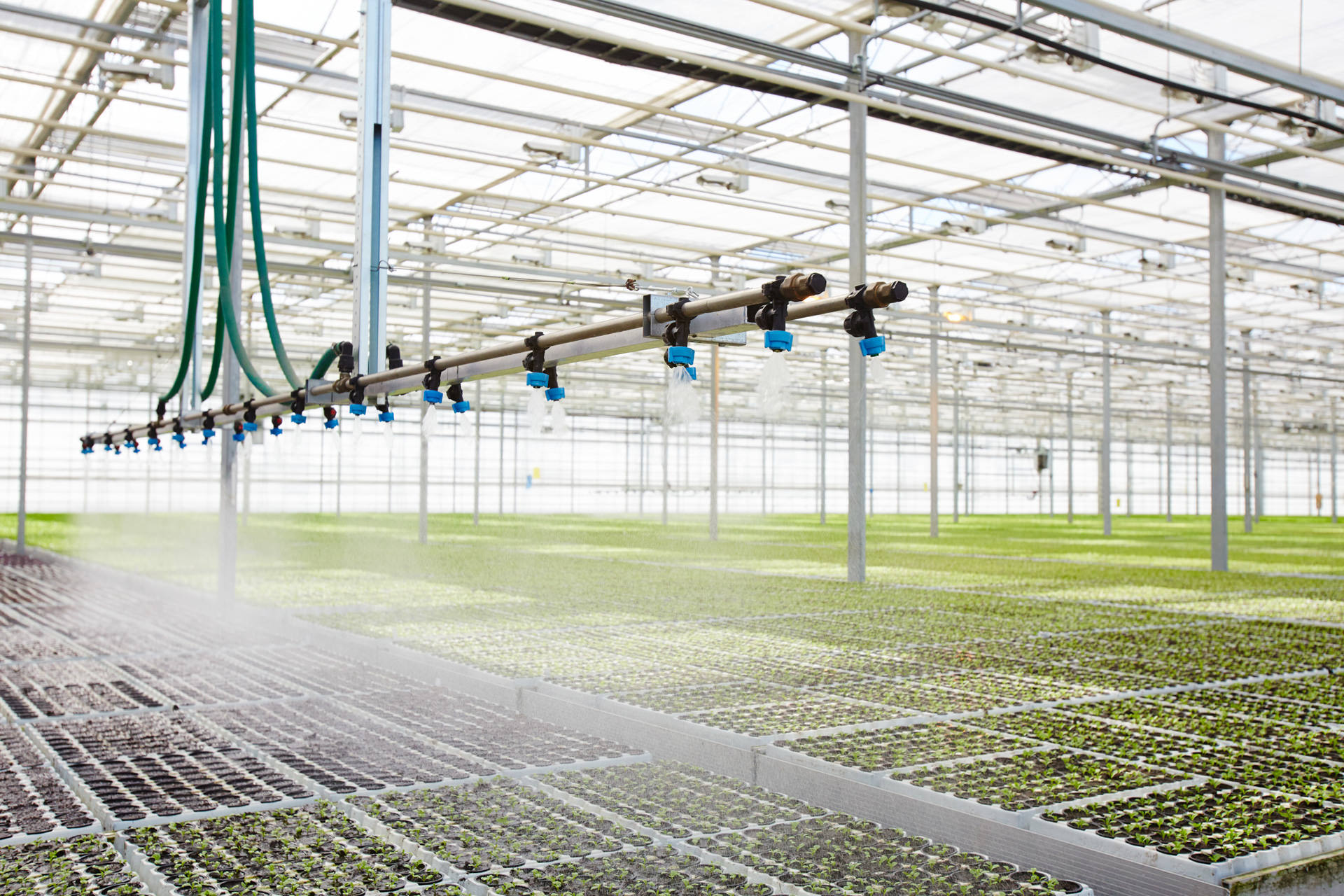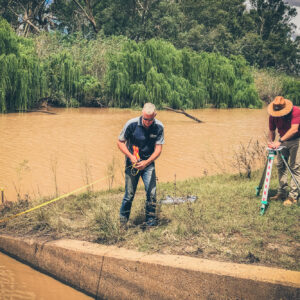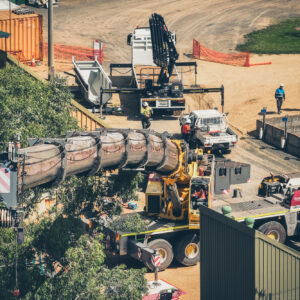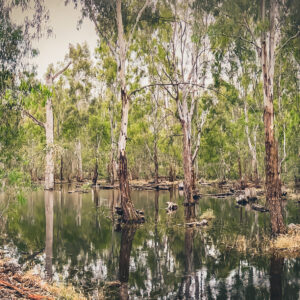Why Australian Farmers Should Use Fish Screens
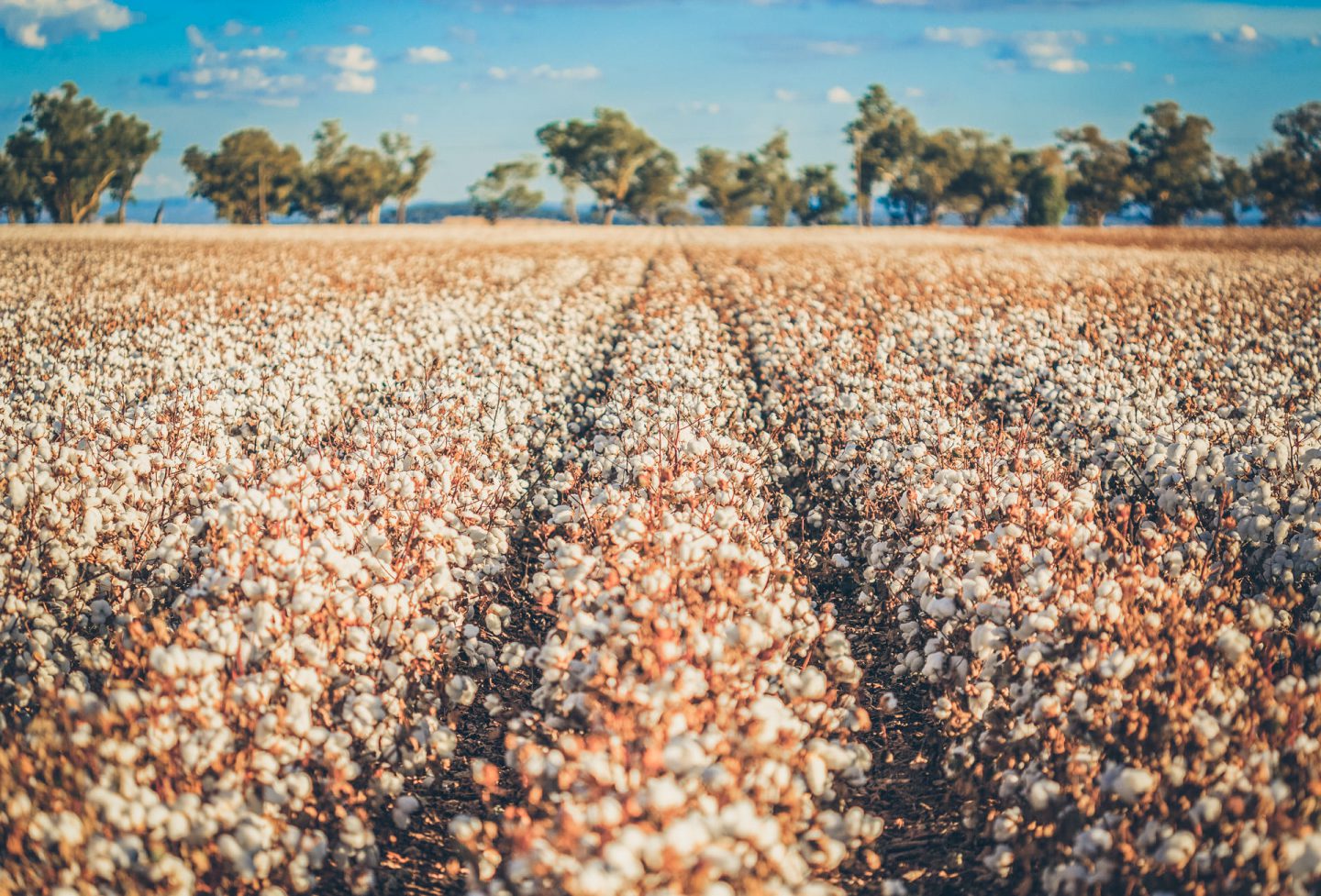
There are many benefits to installing fish screens that are specifically designed for Australian conditions.
By Craig Boys and Tom Rayner
Australia has a very strong international reputation for clean, sustainable food and fibre production. Maintaining this reputation is critical to the future of Australian agriculture.
Agriculture organisations are working hard to improve their stewardship. For example, cotton growers have significantly improved their water-use efficiency. Modernising diversions can amplify these efforts, by improving public perceptions and maximising water savings. Modern screens can reduce impacts on native fish, including threatened species, and boost fish populations for better fishing.
FISH PROTECTION
The science is clear: modern screens can protect native fish.
Millions of native fish are being removed from our rivers every year. There is substantial historical and scientific evidence of these losses. Modern screening has the potential to reduce these losses by 90%. It is the missing piece of the river-restoration puzzle. Read more about the evidence.
BETTER FISHING
Recreational fishing contributes over $2.5 billion to Australia’s economy annually, plus significant non-monetary values, like mental health.
DEBRIS CONTROL
There’s a lot of stuff in Australian waterways that isn’t water.
WATER SAVINGS
Water is expensive and hotly contested in Australia and we all need to make the most of the water that’s available especially in the Murray-Darling Basin.
Effective screens provide cleaner water to farms, which provides an opportunity to transition to more efficient irrigation systems. In the US, irrigation districts are screening their main diversion points. This allows them to switch from open channels to pipes, and save water in transmission losses. Cleaner water also means that better irrigation technology can be deployed, like finer sprinkler heads, and gives more even water distribution across crops.
STRONGER COMMUNITIES
Effective screening boosts local economies in a number of important ways.
- Screens can keep money on farms and in farming businesses. They help farmers save money on fuel, filters and downtime.
- Screens boost manufacturing. They can be made locally to suit local conditions which means local jobs and money staying in regional towns.
- Screens support retail and installation services. Pump retailers can begin to carry lines of effective screening products for irrigation techs to install.
- Screens can improve local recreational fishing. Anglers spend huge amounts of money on tackle, boats, fuel, accommodation and other expenses when they visit for a local fishing adventure and this helps the whole community.
Modern screening could be a $3.7 billion boost for regional Australia.
